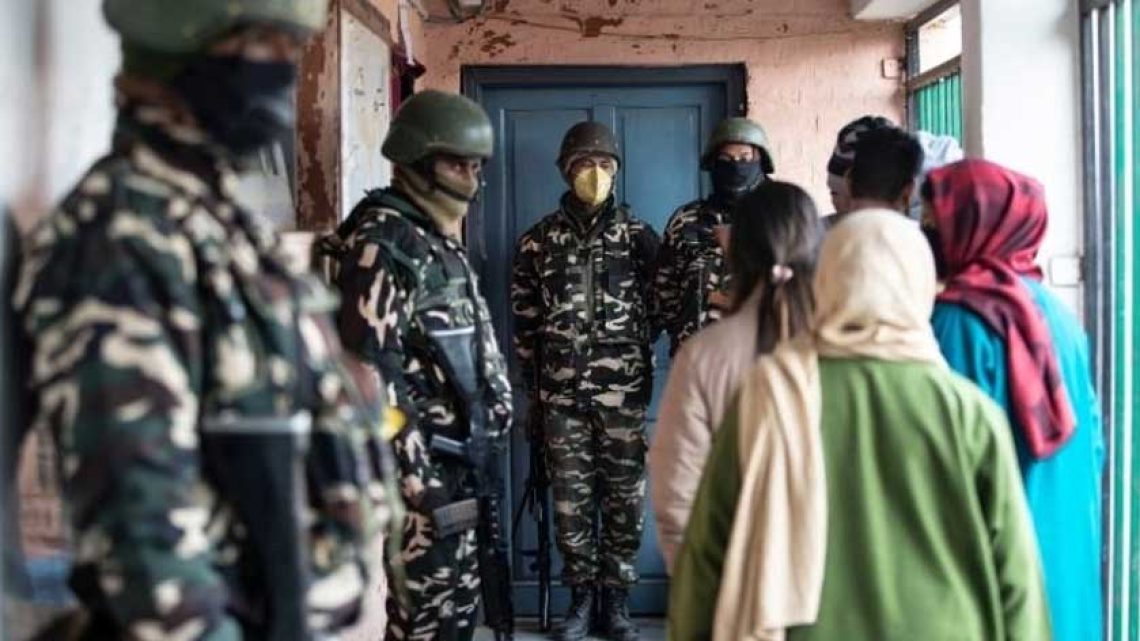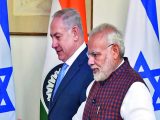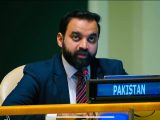
Misleading Assembly Elections’ Third Phase: IIOJK Turned into Military Garrison by India
October 1, 2024The situation in Indian illegally occupied Jammu and Kashmir (IIOJK) has reached alarming levels, with New Delhi deploying an unprecedented 400 companies of the Central Armed Police Force (CAPF) in North Kashmir alone. This massive deployment precedes the final phase of the ongoing Assembly elections.
Deputy Inspector General (DIG) of North Kashmir Range, Maqsood-ul-Zaman, confirmed this significant military presence. This number adds to the already stationed Army and Border Security Force (BSF) personnel in the region.
The third and final phase of the Assembly elections is scheduled for today, October 1. The elections occur under strict restrictions, effectively turning the territory into a military garrison.
To further militarize the area, additional troops have been deployed along major highways and critical road links. Numerous checkpoints have been established, especially along the Srinagar-Jammu highway, with rigorous frisking procedures in place.
Critics of these measures argue that they compromise the integrity of the democratic process. Many view the elections as more of a military exercise than a genuine reflection of the people’s will. This environment of fear and repression raises serious questions about the legitimacy of the electoral process.
In recent weeks, the region has seen a troubling increase in suspensions and terminations of government employees. Just recently, 23 employees were suspended, and five more faced the same fate as the elections approached. Such actions contribute to an atmosphere of intimidation.
The elections today will feature 415 candidates competing for 40 constituencies across seven districts. However, the legitimacy of this process is highly questionable, especially considering the UN-designated disputed status of the territory.
Moreover, the Indian government’s stringent occupation over IIOJK further clouds the electoral process. Many residents feel their voices are silenced under the weight of military presence and governmental authority.
As the elections unfold, the presence of security forces raises concerns about voter turnout and freedom. Many citizens may feel apprehensive about participating in a process that seems heavily monitored and controlled.
International observers have increasingly criticized these practices, calling for a more transparent and fair electoral process. The situation demands scrutiny, especially regarding human rights and democratic values.
To conclude, the unprecedented militarization in IIOJK signal a troubling trend. As the Assembly elections proceed, the legitimacy of the process is overshadowed by military presence and political repression. The international community must pay close attention to these developments to ensure accountability and justice for the people of IIOJK.

